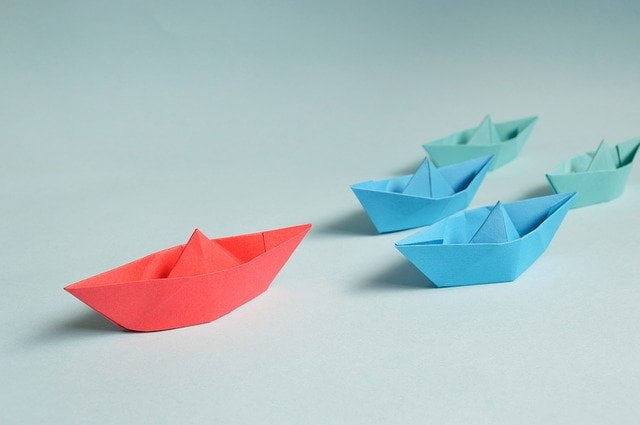This support will cover seven different research areas – each reflecting recommendations from one or more investment prospectuses.
Teams are contracted until June 2020 initially, but the intention is to continue to build on our initial investment in each area. We will work closely with each team to reach out and connect with other researchers and knowledge holders, and build them into the programmes as they develop.
The lead individuals and organisations for these investments are being confirmed now, so watch this space.
- A BioHeritage scorecard for Aotearoa
- Scorecards(s) co-designed to help people on-the-ground measure the same things, in the same way.
- Will enable comparisons across NZ and between organisations.
- 100-year vision, but with tangible 2024 deliverables.
- He Tangata, He Taiao, He Ōhanga: a values-based biosecurity risk assessment framework for Aotearoa
- A risk assessment framework for biotic threats, that takes into account cultural, social and environmental values in addition to economic values.
- A virtual biosecurity hub for Aotearoa
- A ‘fail-fast’ approach to trial new biosecurity tools via a portal to propose ideas the the national and international biosecurity community.
- A development pipeline to share apps, data, and emerging biosecurity tools and strategies.
- Tools to support landscape-scale control of invasive invertebrates
- First tasks are to pick an invertebrate and pick a tool, using a stakeholder survey to ‘kick-start’ these decisions.
- Intention to scale-up once a speices and tool have been chosen.
- Mammal pest control tools to support Predator Free 2050
- Fast-fail approach to the use of artificial intelligence to support landscape-scale detection and mop-up of invasive mammals (for under $10/ha).
- A mātauranga Māori-based tool for control or eradication of invasive mammal pests.
- Diverse, successful and practical pathways to ecosystem regeneration
- Evaluation of the success, or otherwise, of community restoration activities.
- Rapid learning and adaptation to best practice between and among community restoration efforts. Will aim to mobilise actions that will transform biodiversity management in Aotearoa.
- Case study research on governance and policy options that drive transformational change for biological heritage in Aotearoa
- Evaluation of a range of governance and policy options to support good environmental outcomes.
- Tools that inform processes to create good leadership and governance, including optimal sustainable business/financial models.
- Tools to provide organisations and individuals with skills to partner better with Māori.
- Focused on research, not policy development.
